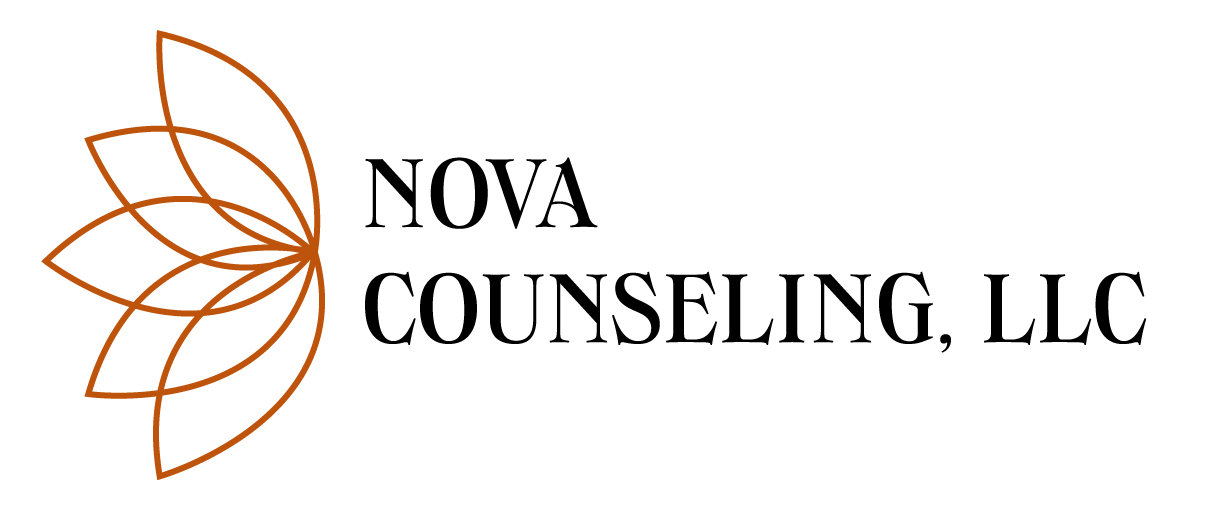Stigma & Advocacy
- Office Manager
- Apr 9
- 2 min read
Fall 2024
My name is Maggie Nelson, and I’m a BSSW student at Metropolitan State University of Denver. This fall, I had the chance to work with Nova Counseling, and it ended up being an experience that deeply impacted my understanding of stigma and advocacy. When I first thought about going into social work, I never imagined working with Nova’s clientele. Honestly, I was certain I’d avoid representing this population. However, learning about Nova’s mission and their compassionate approach challenged me to step outside my comfort zone. I embraced the opportunity not only as a professional challenge but as a chance to grow personally.
When I first walked into Nova, I didn’t know what to expect. Like many people, I had my own biases about the type of clients they work with. However, I quickly discovered the humanity of the people I met. They are family members, friends, and colleagues—people with unique and complicated stories. The courage they show every week by showing up, taking accountability, and being vulnerable in sharing their struggles was both inspiring and heartbreaking.
During my time in group settings, I saw how stigma creates huge barriers to healing. But at Nova, those walls come down. The staff don’t just provide therapy—they create a space where clients feel truly seen, heard, and respected. This inclusive space reminded me that mistakes don’t define a person—only their commitment to healing and moving forward does.
One of the biggest lessons I learned was just how important advocacy is. The team at Nova works tirelessly to empower their clients. Whether it’s helping them access resources, guiding them through the legal system, or teaching with a trauma-informed approach, they’re always advocating. Even more powerful, they teach clients how to advocate for themselves, helping them find their voice and take back a sense of control in a system that often leaves them feeling powerless. Watching this in action was humbling. Advocacy isn’t always about big, bold gestures—it’s often the quiet, steady work of listening, understanding, and showing up for someone who needs support.
What surprised me most about this experience was how much it challenged my own assumptions. I had to face the fact that, despite my good intentions, I had some stereotypes in my head about people dealing with sex offense-related issues or trauma. Spending time at Nova broke those down. Trauma doesn’t discriminate—it impacts people from all walks of life, and sometimes it leads to bad decisions or lapses in judgment. Through conversations with clients and therapists, I saw the strength it takes to face those challenges head-on. I learned to replace judgment with empathy and curiosity.
My time at Nova completely changed the way I see things. It taught me that every person is so much more than their past or a label, and that stigma only gets in the way of understanding and progress. Advocacy isn’t just a kind gesture—it’s a critical lifeline, especially for those who have no one else in their corner. This experience also showed me how important it is to change the way we talk and think about others—and about mental health. The stories we tell ourselves about people matter deeply. By shifting those narratives, we can foster a more compassionate and understanding world.

Comments